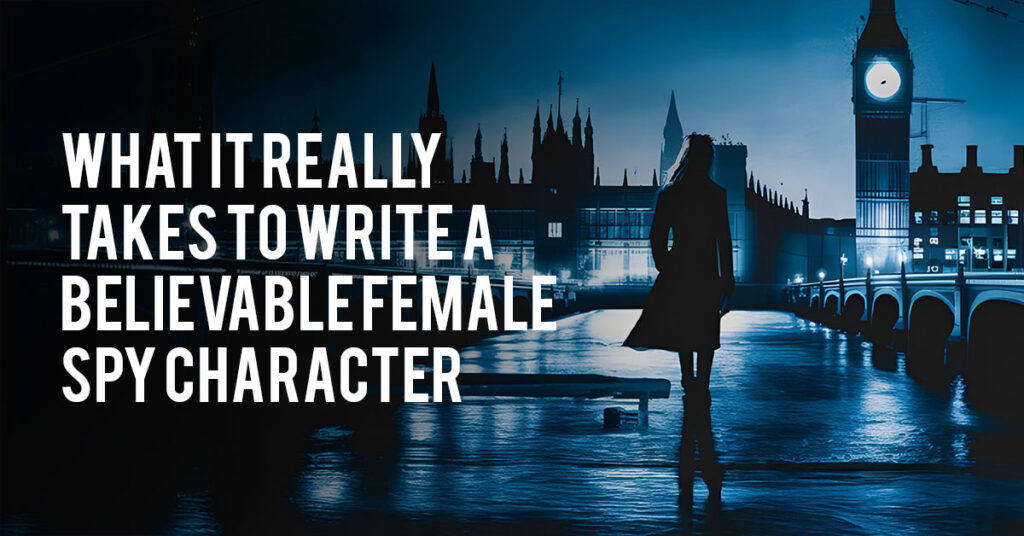Creating a believable female intelligence officer is harder than you might think, especially if you’re committed to avoiding the clichés that still dominate the genre. Too often, women in spy fiction are either hyper-sexualized, one-dimensional action heroines or emotionless enigmas written to “keep up” with the men around them. What they rarely are, however, is real.
Building a Spy Who Could Be Real
When I set out to write Faye Maddox, the protagonist of Legends, I wasn’t interested in crafting a fantasy figure who dodges bullets in heels or seduces her way to mission success. I wasn’t writing a female version of Bond, nor a superhuman loner. My creative focus was different: I was interested in the human, psychological side of espionage. What does it mean to build trust under false pretenses? To manipulate others for a greater cause? To carry secrets that could unravel lives, including your own?
That’s why Faye is complicated. She’s brilliant, but burdened. Trained, but never immune to self-doubt. As an agent handler, her job is to search, observe, and recruit. Her mission depends on people, not gadgets, and she knows the risks of betrayal, emotionally and professionally. She’s not flashy. She’s believable.
The Psychological Weight of Spycraft
There’s a growing body of research into the risks and consequences of life undercover. It’s not just about secrecy, it’s about the slow erosion of identity. The need to lie convincingly. The constant anticipation of betrayal. Agents must manipulate, build trust under false pretenses, and make morally ambiguous choices that leave lasting psychological scars.
Faye’s story is rooted in this. Her internal monologue, her second-guessing, her fatigue, her political disillusionment isn’t just emotional dressing; it’s structural. It is the story. Her life may be high-stakes, but it’s also quietly devastating in ways that mirror the real-world accounts of covert operatives.
Characters Who Get It Right
If you’re drawn to spy fiction that takes psychological realism seriously, these characters are worth your time:
- George Smiley – from John le Carré’s iconic series
- Maxim Isaev – in Seventeen Moments of Spring
- Marie-Jeanne Duthilleul – from The Bureau
These characters aren’t flashy or invincible. They’re dangerous in quieter ways, through patience, perception, and manipulation. They weaponize empathy and doubt. They make mistakes. And they live with consequences.
Why It Matters
Spy fiction has long glamorized surveillance and seduction, while sidelining the quiet, and often female labor that sustains intelligence work. But the real world is full of women who shape geopolitics from behind the scenes. And their stories deserve space in fiction, too.
In Legends, Faye Maddox represents that shift: she’s not flawless, not flashy, but profoundly human. A spy who blends in with us, and carries the psychological cost of that invisibility. She’s not unforgettable because she’s perfect. She’s unforgettable because she could be real.

